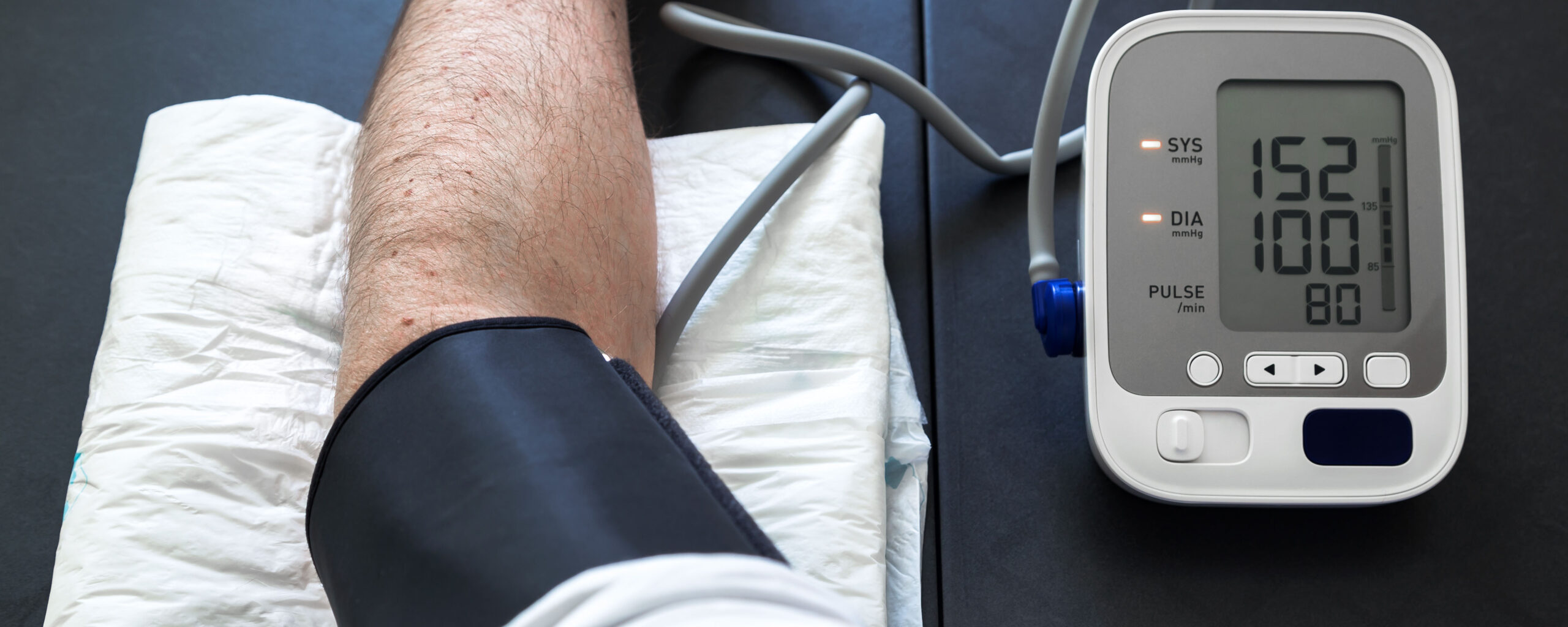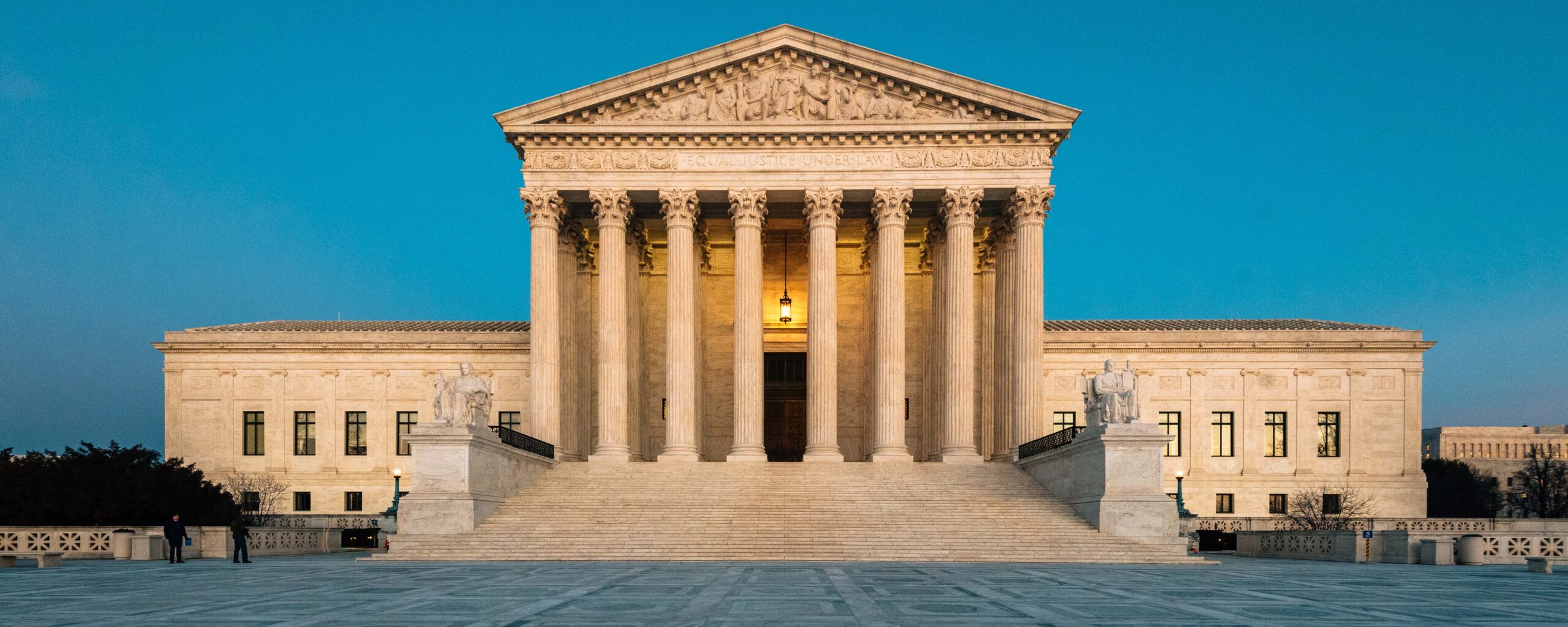An APPC health survey finds that 6 in 10 Americans think that AI-generated health information is somewhat or very reliable.



An APPC health survey finds that 6 in 10 Americans think that AI-generated health information is somewhat or very reliable.

New APPC survey reveals that many Americans are unaware of two factors that can reduce a baby's risk of Sudden Infant Death Syndrome (SIDS): putting the baby to sleep on their back and reducing their exposure to second hand smoke.
Although mammograms can detect breast cancer before symptoms begin, APPC survey data reflects some confusion over when American women think they should start receiving regular mammograms.

Driven by the worry that AI may have unintended consequences, the public's attitudes toward AI science are more negative than those toward general and climate science, APPC researchers find.

APPC survey reveals that, despite reported concern about high blood pressure, few Americans can correctly identify “high" readings.

Amid a significant U.S. measles outbreak, a new APPC survey finds that many Americans do not understand the potential severity of the disease.

An interdisciplinary research team at APPC and Penn ran an “intervention tournament” to test strategies and learn the most effective ways for motivating people to act on climate change.

New research by APPC scholars finds that people tend to share news that they find relevant to themselves or to people they know.

The National Constitution Center and the Center for Civic Education have been named recipients of the 2025 Leonore Annenberg Institute for Civics Award.

Despite low trust in the three branches of government, a new survey reveals that most Americans support judicial and legislative checks on the president.